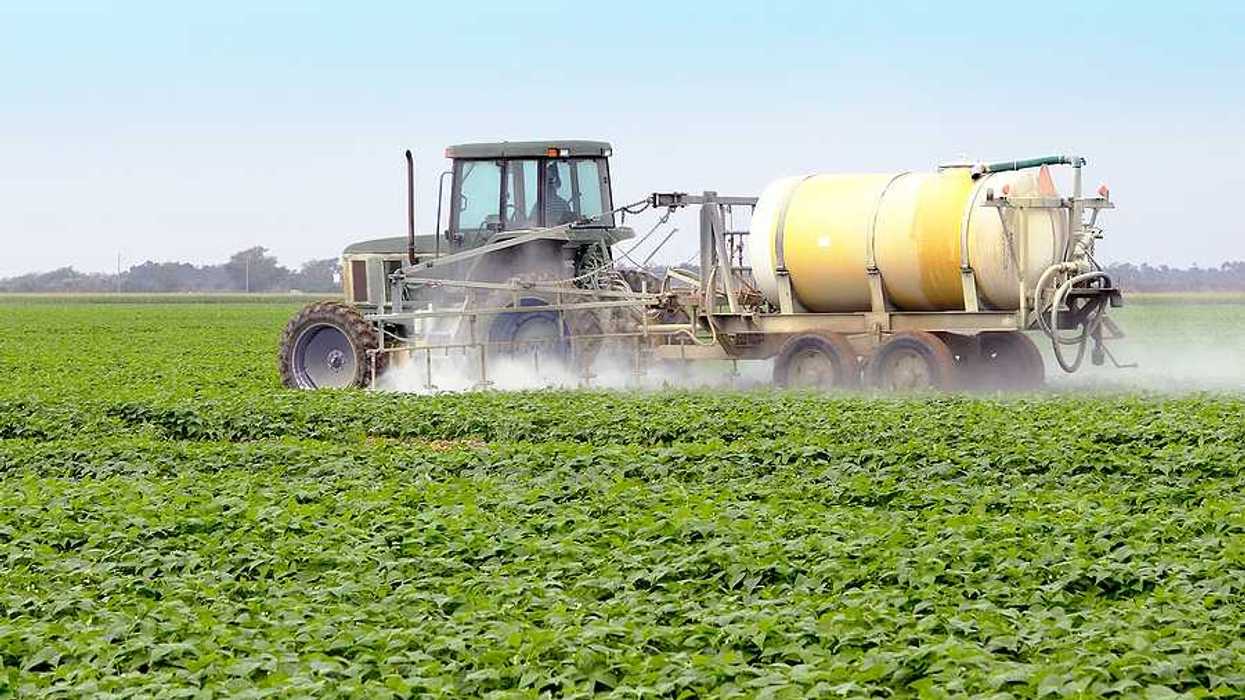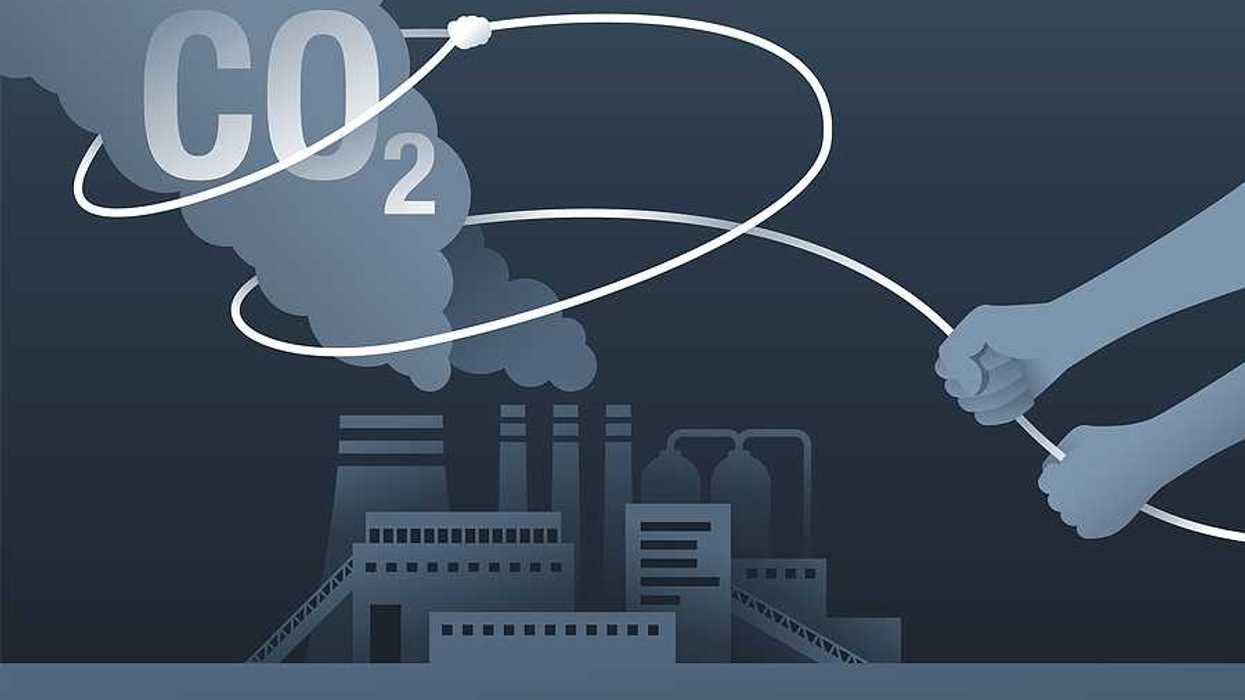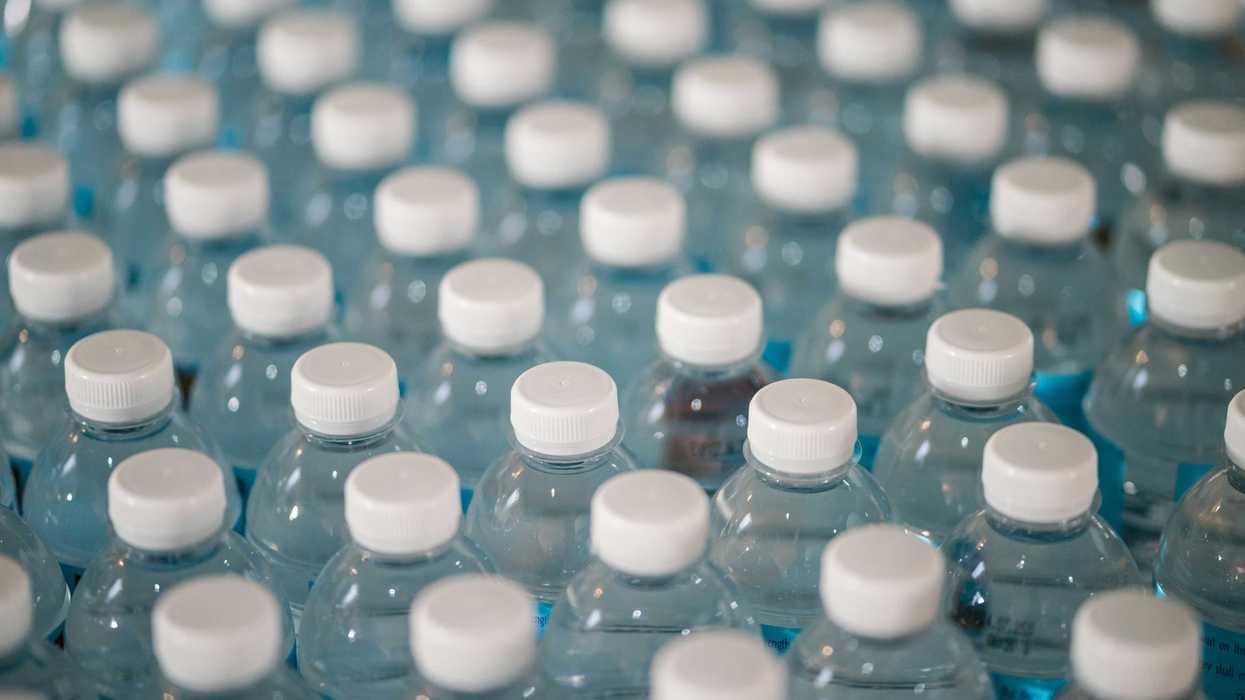Concentrations of toxic flame retardants in falcon eggs remain consistent, particularly near urban areas.
Stefan Labbé reports for the Times Colonist.
In short:
- Despite being banned decades ago, flame retardants continue to contaminate peregrine falcon eggs, showing remarkably consistent high levels.
- Research indicates these chemicals are integrated into nearly every built environment, affecting a wide range of wildlife, not just falcons.
- Scientists worry about the enduring presence and impact of these chemicals, reflecting broader environmental contamination issues.
Key quote:
"These peregrines have five to 10,000 parts per billion in their eggs. They are really high compared to other species."
— Robert Letcher, senior research scientist, Environment and Climate Change Canada
Why this matters:
The ongoing bioaccumulation and body burden afflicting peregrines raises broader concerns about wildlife health, human health and persistent environmental pollutants. Read more: Wildlife across the globe are polluted with flame retardants.














